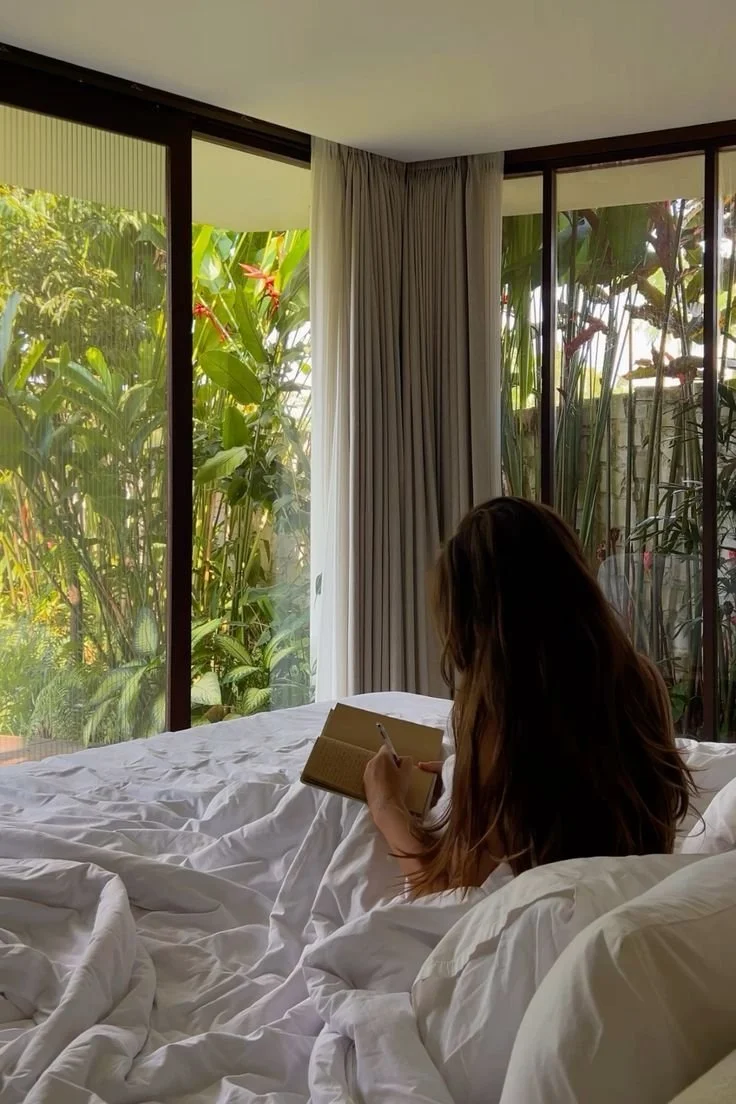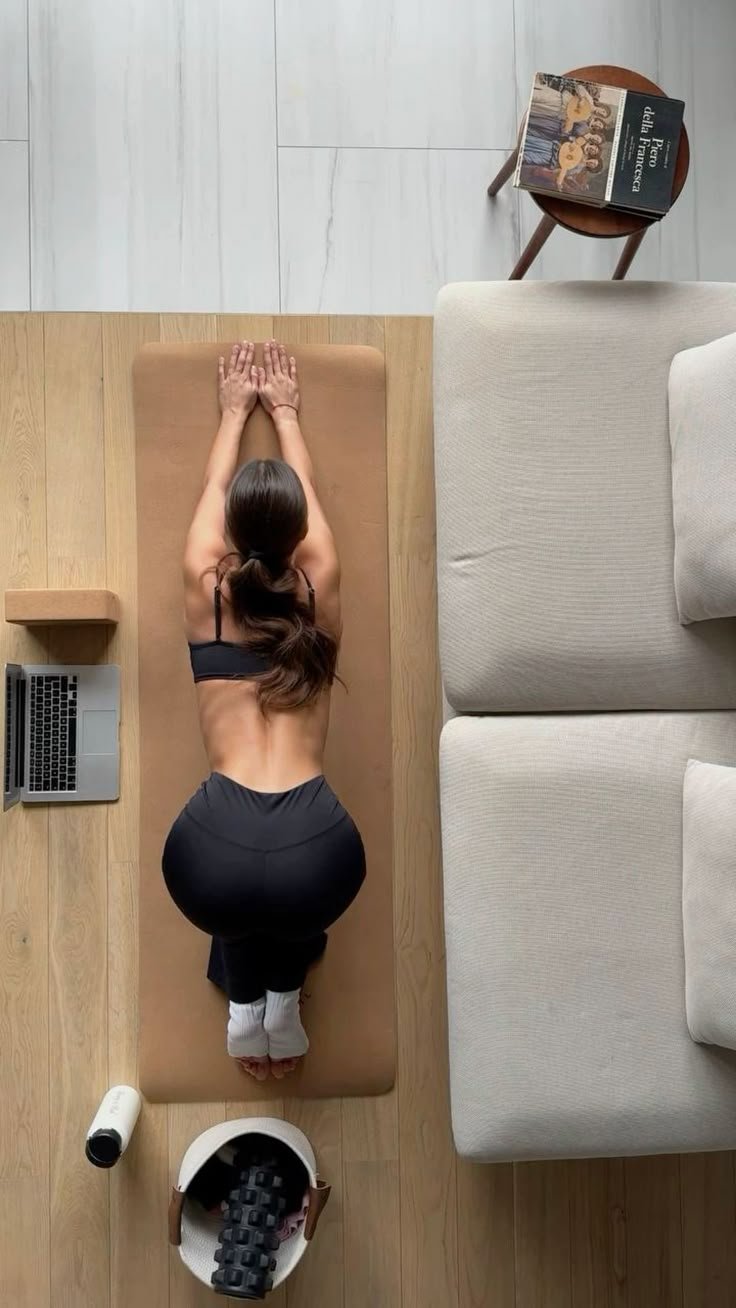Tips For Improving Your Sleep Experience
Getting a good night's sleep is crucial for your overall health and well-being. Yet, many people struggle with sleep issues that leave them feeling tired and unrefreshed. Whether it's trouble falling asleep, staying asleep, or waking up too early, these problems can significantly impact your daily life. The good news is that there are practical steps you can take to enhance your sleep quality.
In this article, we explore several tips that can help you improve your sleep experience and wake up feeling more energized and ready to tackle the day.
No. 1
Create a Sleep-Conducive Environment
Your bedroom should be a sanctuary for sleep, designed to help you relax and drift off easily.
Start by investing in a comfortable mattress and pillows that support your preferred sleeping position. The right bedding can make a significant difference in how well you sleep.
Next, consider the room temperature. Most people sleep best in a slightly cool environment, typically between 60-67 degrees Fahrenheit. Adjusting your thermostat, using fans and air conditioning, or a thermoregulating blanket can help you find the perfect balance. Additionally, you can explore premium bed sheets that keep you cool and comfortable in bed.
Lighting also plays a crucial role in setting the mood for sleep. Try to keep your bedroom as dark as possible. Blackout curtains can block outside light, and a sleep mask can be helpful if you can't eliminate all light sources. Reducing noise is equally important, and white noise machines or earplugs can be excellent solutions for those who are sensitive to sound.
No. 2
Establish a Consistent Sleep Routine
Consistency is key when it comes to improving your sleep experience. Going to bed and waking up at the same time every day helps regulate your body's internal clock, making it easier to fall asleep and wake up naturally. Even on weekends, try to stick to your routine as much as possible to maintain this rhythm.
Creating a pre-sleep routine can also signal to your body that it's time to wind down. This could include activities like reading a book, taking a warm bath, or practicing gentle yoga. By incorporating these relaxing activities, you help your mind transition from the busyness of the day to a more restful state.
No. 3
Mind Your Diet and Hydration
What you consume throughout the day can have a significant impact on your sleep quality. It's important to be mindful of your diet and hydration, especially in the hours leading up to bedtime. Avoid heavy meals and caffeine in the evening, as they can interfere with your ability to fall asleep. Instead, opt for light, healthy snacks if you need something to eat before bed.
Staying hydrated is essential, but try to limit your intake of liquids close to bedtime to avoid waking up in the middle of the night. Herbal teas, such as chamomile or lavender, can be soothing and promote relaxation without the caffeine that can keep you awake.
No. 4
Limit Screen Time Before Bed
In today's digital age, it's common to unwind with your favorite TV show or scroll through social media before bed. However, the blue light emitted by screens can suppress melatonin production, the hormone responsible for regulating sleep. To combat this, aim to reduce screen time by at least an hour before bed.
Investing in artificial light protection glasses offers comprehensive protection throughout the day. By helping you realign with the natural rhythms of light and dark, these glasses can support you in falling asleep faster, experiencing deeper rest, and waking up feeling revitalized each morning. Get 10% off your order using code: HELLOLOVELYLIVING
Instead of screen time, consider alternatives like reading a physical book, listening to calming music, or practicing relaxation techniques. These activities can help prepare your mind for sleep without the disruptive effects of blue light.
No. 5
Incorporate Relaxation Techniques
Relaxation techniques can be incredibly effective in helping you unwind and prepare for sleep. Practices such as meditation, deep breathing, and progressive muscle relaxation can reduce stress and promote a sense of calm. Integrating these techniques into your bedtime routine can make it easier to fall asleep and improve the quality of your sleep.
There are many apps and online resources available that offer guided relaxation exercises. Experiment with different methods to find what works best for you and make it a regular part of your nighttime ritual.
No. 6
Stay Active During the Day
Regular physical activity is not only great for your overall health but also beneficial for your sleep. Engaging in regular exercise can help you fall asleep faster and enjoy deeper sleep. However, the timing of your workouts can affect your sleep. Aim to complete vigorous exercise at least a few hours before bedtime to give your body time to wind down.
Activities such as walking, jogging, or yoga can be particularly helpful in promoting better sleep. Find a routine that fits your lifestyle and stick with it to reap the sleep-related benefits.
No. 7
Manage Stress and Anxiety
Stress and anxiety are common culprits behind sleep disturbances. If you find your mind racing with worries or to-do lists as soon as your head hits the pillow, it's time to develop strategies to manage stress throughout the day. Techniques such as mindfulness, journaling, and time management can help reduce anxiety and make it easier to relax at night.
If stress and anxiety continue to interfere with your sleep despite your best efforts, it may be beneficial to seek professional help. A therapist or counselor can work with you to develop coping strategies and address any underlying issues.
Takeaways
Improving your sleep experience is a journey that involves creating the right environment, establishing consistent routines, and making mindful choices throughout your day. By implementing the tips discussed in this article, you can take significant steps towards better sleep and, consequently, better overall health. Remember, it's important to prioritize your sleep and experiment with different strategies to discover what works best for you.
LOOKING FOR WELLNESS RESOURCES?
Are you looking to enhance your wellness routine? Explore our wellness partners who offer a wide range of resources to support your journey toward holistic living and well-being. From mindful living practices to self-care techniques, our partners are here to help you elevate your wellness routine to support you on your journey of health and vitality.






























